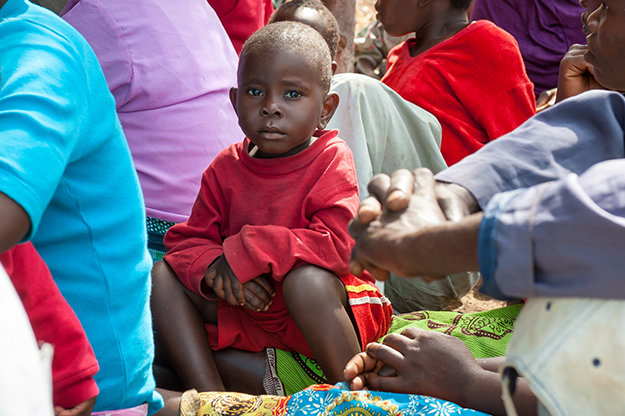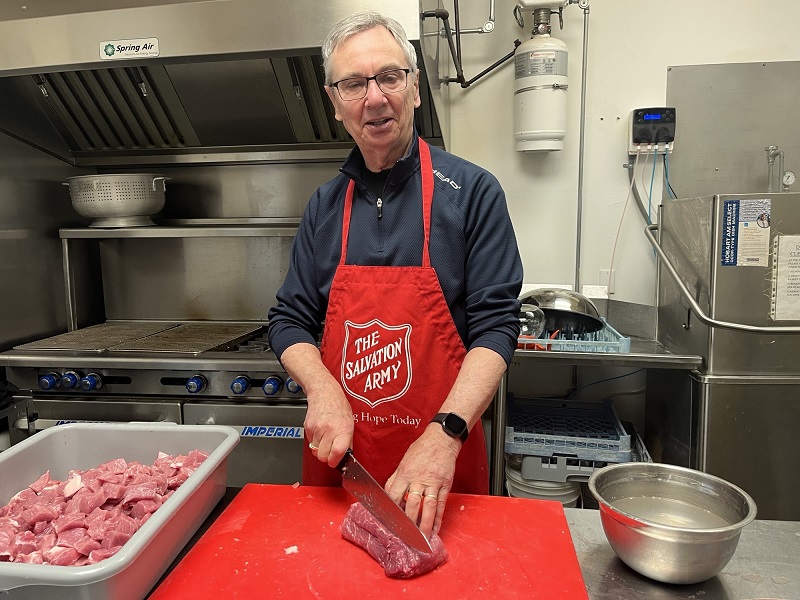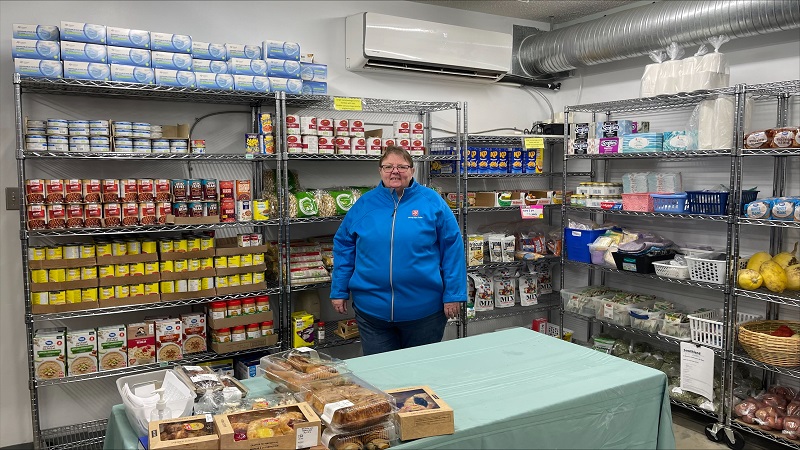The Salvation Army Fights Hunger in Malawi

 Funwe Villages in Malawi provide an example of the negative impact food scarcity plays in the developing world. Several years ago, when their parcel of land was sold for redevelopment, the villagers were taken by trucks for resettlement in an area without housing, schools, hospitals or markets.
Funwe Villages in Malawi provide an example of the negative impact food scarcity plays in the developing world. Several years ago, when their parcel of land was sold for redevelopment, the villagers were taken by trucks for resettlement in an area without housing, schools, hospitals or markets.
Years later, with faith and a lot of hard work, the seven small villages have grown into a place where people call home. However, there are still many things still missing, including adequate food and the necessary resources to grow crops.
“Our first major problem is hunger,” says Chala, a village headman. “We don’t have enough food to eat and we can’t work if we haven’t eaten.”
The United Nations estimates that 791 million people living in developing countries are undernourished—that’s one in eight people. World Food Day is observed every October 16 to create and increase awareness of world hunger and poverty and to inspire change.
The Salvation Army recognizes World Food Day and aims to help those affected by food insecurity in a holistic and sustainable way. In the Funwe Villages, The Salvation Army has established an agricultural plan that provides fertilizer, maize seeds, resources for growing crops and training of farmers.
“At a meeting with the community, the chiefs asked if we could provide the tools needed to help them find hope and restore dignity,” says Major Gillian Brown, The Salvation Army’s Director of World Missions. “This is what every community wants.”
The Salvation Army in Canada is privileged to partner with communities to help families and individuals get back on their feet.
“The needs are great in developing countries and The Salvation Army continues to provide support,” says Major Brown. “Whether it’s providing emergency food after a natural disaster or training a farmer how to grow crops, we are giving them a glimmer of hope.”



